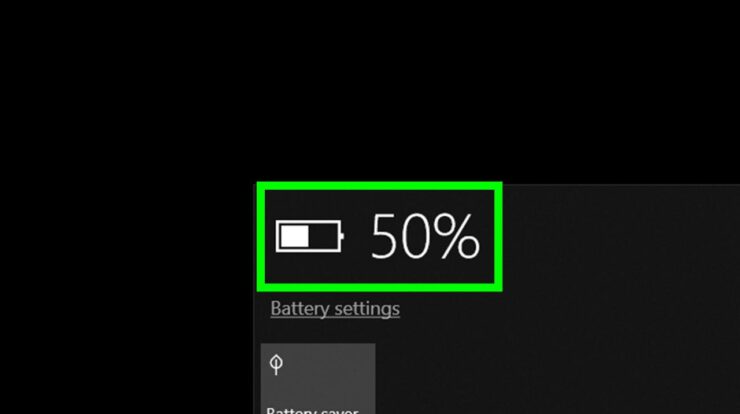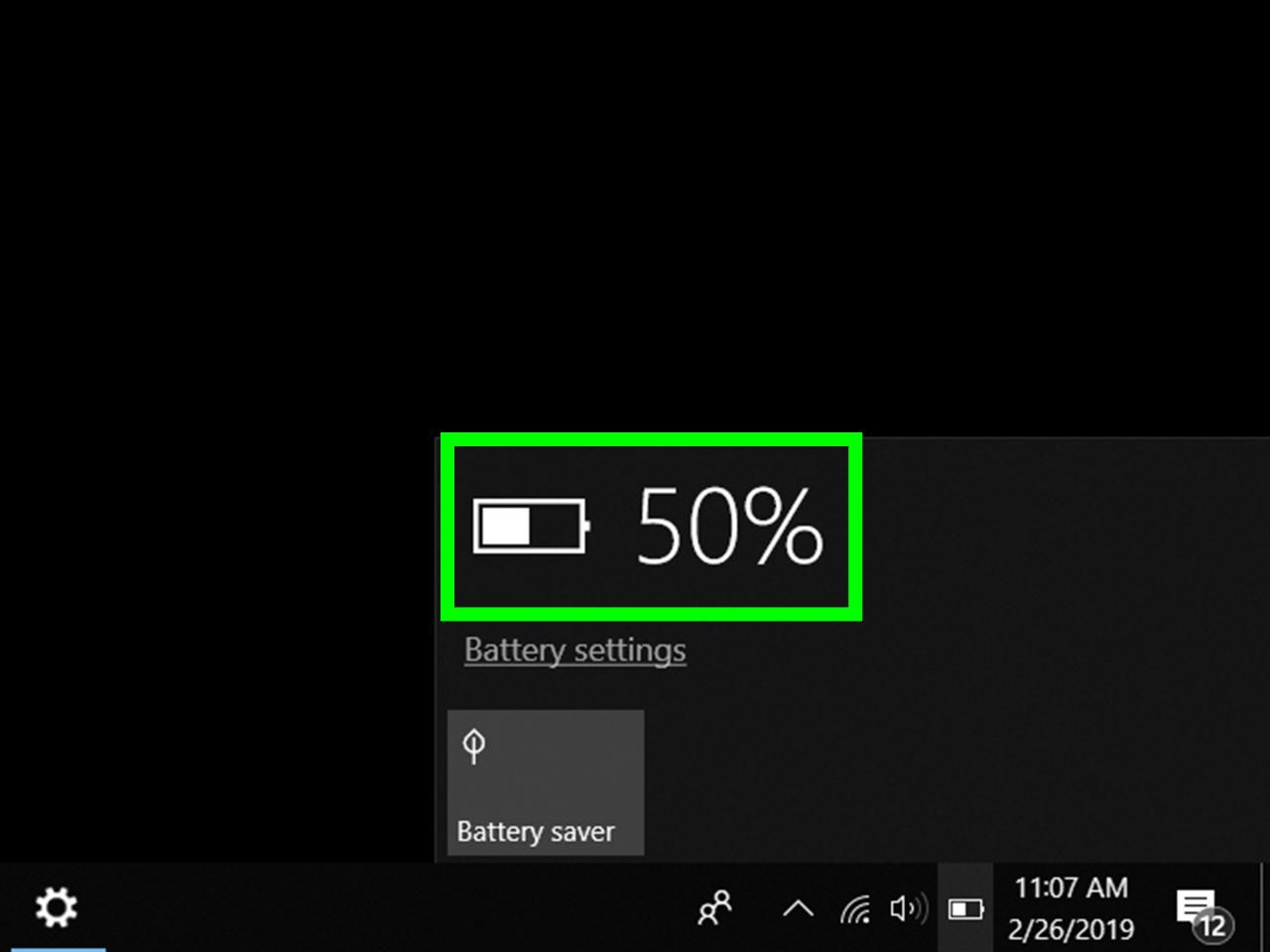
Eclat meaning – Unveiling the captivating world of words, we delve into the profound meaning of “eclat,” a term that exudes brilliance and distinction. Its etymological roots, nuanced definitions, and versatile usage across diverse contexts paint a vivid tapestry of linguistic splendor.
From its origins in the Latin “exclamare,” meaning “to cry out,” to its current connotations of brilliance and renown, “eclat” has undergone a fascinating evolution. This multifaceted word finds its home in literature, art, politics, and academia, adding a touch of radiance to each sphere.
Etymology of “Eclat”
The word “eclat” finds its roots in the Old French term “esclat,” which was used to describe a splinter or fragment of wood. Over time, its meaning evolved to encompass the idea of a bright light or flash, and eventually came to signify a brilliant display or achievement.
In the 17th century, “eclat” was commonly employed in literary and artistic circles to denote the brilliance or radiance of a work of art or performance. It was also used in a figurative sense to describe a person’s reputation or the impact they had on society.
Definitions and Meanings
According to the Oxford English Dictionary, “eclat” has several distinct meanings:
- A brilliant display or achievement
- A sudden burst of light or sound
- A person’s reputation or fame
- A sense of excitement or enthusiasm
The specific meaning of “eclat” in a given context is often influenced by the surrounding words and the overall tone of the passage.
Synonyms and Antonyms
Synonyms:
- Brilliance
- Radiance
- Splendor
- Eminence
- Renown
Antonyms:
- Obscurity
- Dimness
- Dullness
- Infamy
- Disgrace
These related words capture the different shades of meaning associated with “eclat,” from its positive connotations of brilliance and fame to its negative implications of obscurity and disgrace.
Usage in Different Contexts
Literature, Eclat meaning
“Eclat” is often used in literary criticism to describe the brilliance or impact of a particular work. For example, a critic might praise a novel for its “eclatant prose” or its “eclatant portrayal of human nature.”
Art and Culture
In the world of art and culture, “eclat” is used to describe a work of art or performance that has achieved great success or recognition. For example, an art critic might describe a painting as having “eclatant colors” or a performance as having “eclatant energy.”
Politics and Diplomacy
In the realm of politics and diplomacy, “eclat” is used to describe a diplomatic triumph or a major political achievement. For example, a diplomat might be praised for their “eclatant handling of a difficult negotiation.”
Science and Academia
In scientific and academic contexts, “eclat” is used to describe a groundbreaking discovery or a significant contribution to a field of study. For example, a scientist might be awarded a prize for their “eclatant research on the origins of the universe.”
Cultural Significance and Impact
“Eclat” has played a significant role in various cultures throughout history. In ancient Greece, the concept of “eclat” was closely associated with the idea of glory and honor. In the Roman Empire, “eclat” was seen as a sign of imperial power and majesty.
In modern society, “eclat” continues to be an important cultural concept. It is often used to describe the achievements of individuals who have made significant contributions to their fields or to society as a whole.
| Definition | Synonym | Antonym | Example |
|---|---|---|---|
| Brilliant display or achievement | Brilliance | Obscurity | The scientist’s research won her international eclat. |
| Sudden burst of light or sound | Radiance | Dimness | The eclat of the fireworks illuminated the night sky. |
| Person’s reputation or fame | Eminence | Infamy | The politician enjoyed great eclat among his constituents. |
| Sense of excitement or enthusiasm | Renown | Disgrace | The team’s victory was met with eclat by the fans. |
Final Summary

As we conclude our exploration of “eclat” meaning, its multifaceted nature continues to captivate. Whether it’s the dazzling brilliance of a diamond or the resounding success of a diplomatic mission, “eclat” serves as a testament to the power of language to evoke, inspire, and illuminate.
Top FAQs: Eclat Meaning
What is the origin of the word “eclat”?
The word “eclat” originates from the Latin verb “exclamare,” meaning “to cry out.”
What are some synonyms for “eclat”?
Synonyms for “eclat” include brilliance, distinction, renown, and radiance.
How is “eclat” used in different contexts?
“Eclat” is used in various contexts, including literature, art, politics, and academia, to denote brilliance, success, or distinction.





